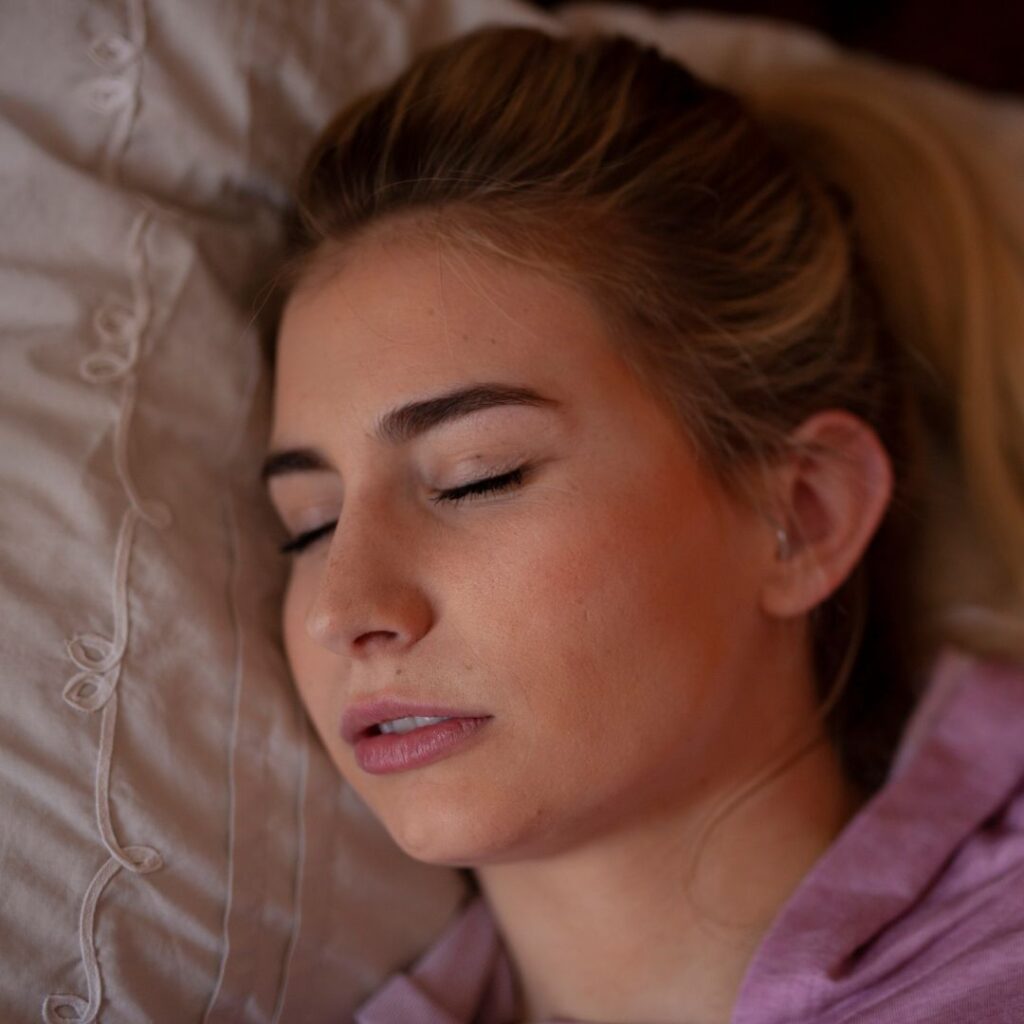Sleepers Grind Their Teeth Here’s Why And How To Stop

Nearly a third of U.S. adults experience anxiety disorder at some time in their lives. And anxiety is frequently connected to sleep related problems, keeping people from falling asleep, and creating a cycle of insomnia, stress, and worry, according to research from the Sleep Foundation. But what’s less discussed is teeth grinding, a growing and silent public health issue that disproportionately affects women. Also known as sleep bruxism, teeth grinding is a common health condition in which a person grinds their teeth or clenches their jaw unconsciously while sleeping. Bruxism is often seen in a dental office, so it is crucial to have regular dental checkups. Women are especially at risk when it comes to awake bruxism (grinding teeth during the day), but sleep bruxism shows no gender prevalence. The exact number of people who grind their teeth is unknown because it often happens during sleep, according to the Cleveland Clinic. But, estimates show that teeth grinding affects more than 1 in 10 in their sleep, and anxiety and stress is a main risk factor. Recent research has also shown the relationship between perceived stress and teeth grinding. Hence, individuals suffering from depression and anxiety disorders are more prone to bruxism, which, left untreated, can further worsen and seriously impact dental and orofacial (of or affecting the mouth and face) regions.
A first step toward stopping sleep bruxism is practicing a good sleep hygiene and, in some cases, seeking professional help to manage anxiety-related issues. For some, the invention of nightguards (also known as dental guards) has been a great addition to their sleep routine. Nightguards can be an effective and reversible treatment for sleep bruxism, and there are numerous options, including store-bought ones or do-it-yourself (DIY) night guards created at home. These dental guards are less expensive than dentist-made ones. However, experts are cautious to recommend them due to fitting errors and poor-quality materials that may cause headaches and jaw pain. Although affordability remains an issue, wearing an over-the-counter nightguard may be better than wearing none. The main goal is to have a successful sleep because not only is it necessary for strength, energy, and resilience, it also addresses teeth grinding and some of our sleep problems.